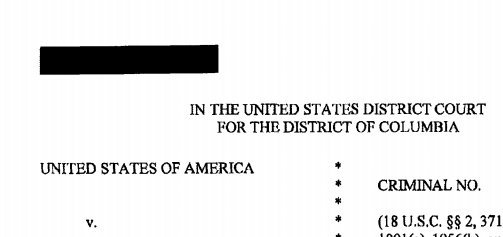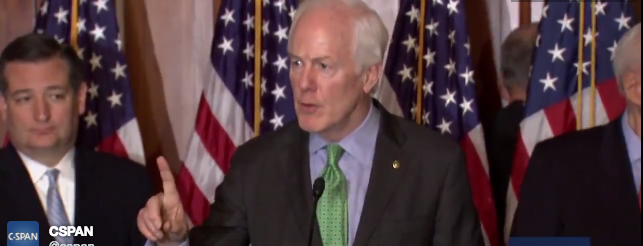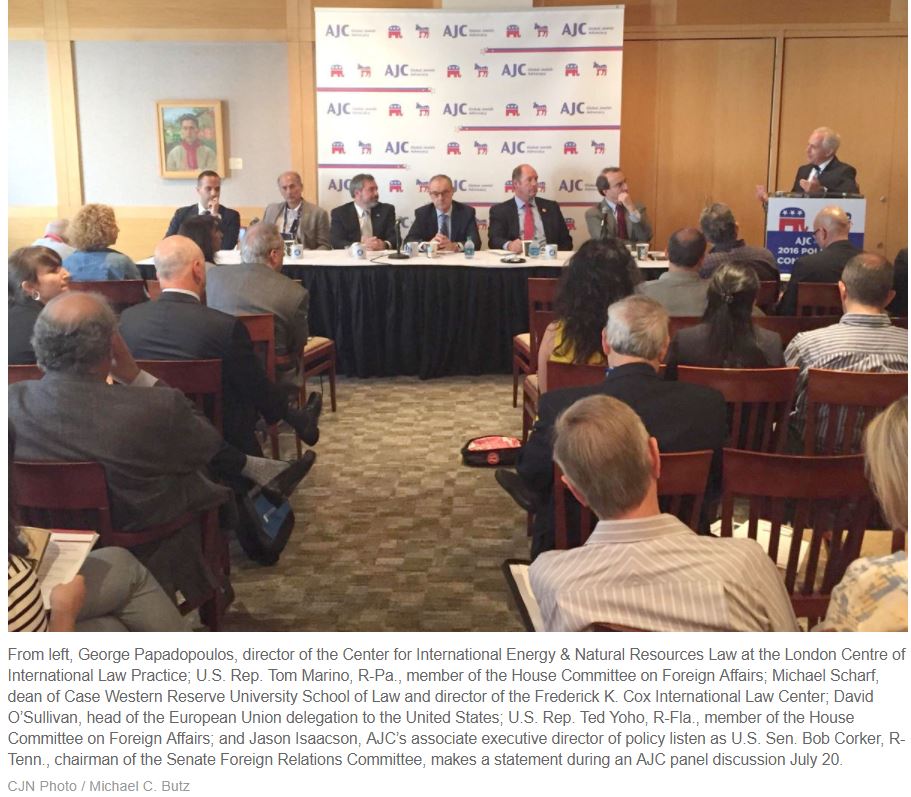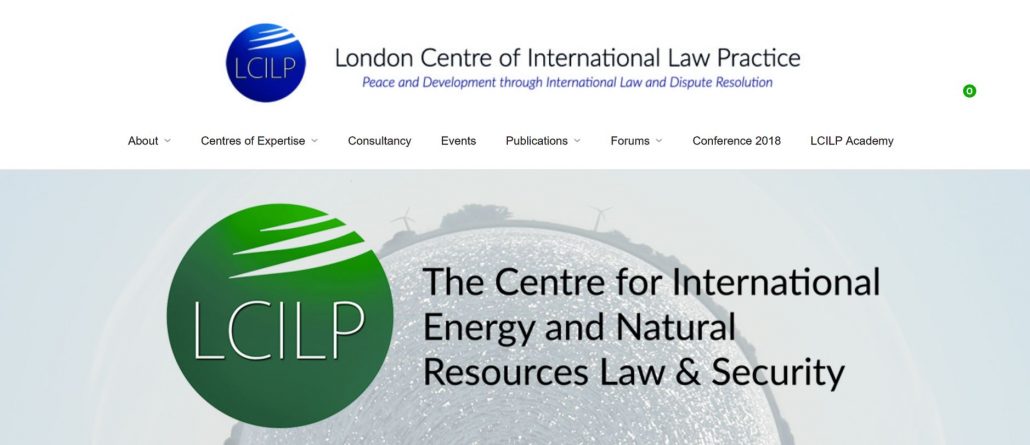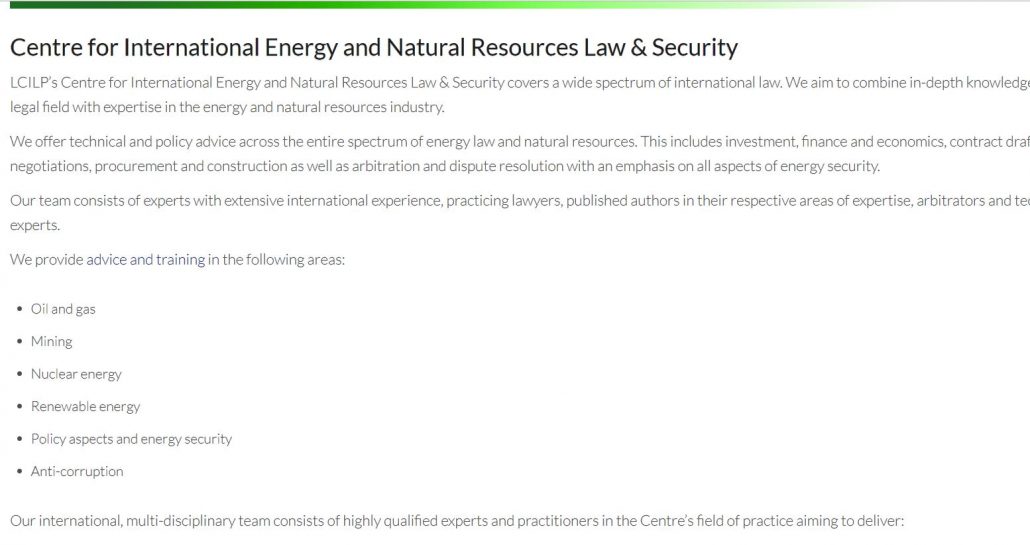Be Wary of Jumping on the Changing Veselnitskaya Claims
Boy oh boy, Natalia Vesenitskaya continues to work the press.
Veselnitskaya reverses a previous claim that the June 9, 2016 meeting didn’t mention the election
Bloomberg has a story based on a two and a half hour interview — on an unspecified date — with the Russian lawyer who met with Don Jr, Jared Kushner, and Paul Manafort at Trump Tower on June 9, 2016. In it, she adds to the story she has told in the past to claim that Don Jr suggested the US might revisit the Magnitsky sanctions if his dad got elected.
A Russian lawyer who met with President Donald Trump’s oldest son last year says he indicated that a law targeting Russia could be re-examined if his father won the election and asked her for written evidence that illegal proceeds went to Hillary Clinton’s campaign.
The lawyer, Natalia Veselnitskaya, said in a two-and-a-half-hour interview in Moscow that she would tell these and other things to the Senate Judiciary Committee on condition that her answers be made public, something it hasn’t agreed to. She has received scores of questions from the committee, which is investigating possible collusion between Russia and the Trump campaign. Veselnitskaya said she’s also ready — if asked — to testify to Special Counsel Robert Mueller.
Here’s the line of the story that, if accurate, introduces a damning new aspect of the story.
“Looking ahead, if we come to power, we can return to this issue and think what to do about it,’’ Trump Jr. said of the 2012 law, she recalled. “I understand our side may have messed up, but it’ll take a long time to get to the bottom of it,” he added, according to her.
Perhaps my favorite detail of the story, however, is that she suggests Paul Manafort (the only one known to have taken contemporaneous notes from the meeting) appeared to have been asleep, leaving Don Jr as the only woke witness to what went down.
Kushner left after a few minutes and Manafort appeared to have fallen asleep. “The meeting was a failure; none of us understood what the point of it had been,’’ Veselnitskaya said, adding she had no further contacts with the Trump campaign.
As Bill Browder noted, this marks a change in her story, one which must be contextualized with recent events.
In the days immediately after the story broke, Veselnitskaya released a statement saying nothing about the presidential election came up.
Ms. Veselnitskaya said in a statement on Saturday that “nothing at all about the presidential campaign” was discussed at the Trump Tower meeting. She recalled that after about 10 minutes, either Mr. Kushner or Mr. Manafort left the room.
She said she had “never acted on behalf of the Russian government” and “never discussed any of these matters with any representative of the Russian government.”
Now, she’s claiming different. I’d suggest that this claim, like all that have gone before, should be treated really really skeptically — especially published in the wake of allegations that campaign officials would have walked into that meeting expecting “dirt” to mean emails, not to mention as Veselnitskaya makes another bid to come to the US and Trump prepares to meet directly with Putin.
Veselnitskaya makes this claim as she tries to come to the US and Agalarov attempts to shape the story
Here’s what the recent timeline looks like:
October 4: Burr was asked last month about Veselnitskaya, and suggested SSCI had already reached out.
Q: Is the Russian attorney going to come through, the Russian who met with Donald Trump Jr., she’s offered to come in open committee. Have you reached out to her? Is she one of the 25 on your list?
Burr: How do you know we haven’t already [heard from] her?
October 9: A CNN story produced with involvement of Scott Balber, who is currently representing Aras and Amin Agalarov (who set up the June 9 meeting in the first place), but who has represented Trump in the past, attempts to rebut the public comments and presumed testimony of Rod Goldstone on two points. First, that the meeting was about dealing dirt, and second, that it was about anything but the Magnitsky sanctions.
The documents were provided by Scott Balber, who represents Aras and Emin Agalarov, the billionaire real estate developer and his pop star son who requested the June 2016 meeting.
Balber, who went to Moscow to obtain the documents from Veselnitskaya, said in an interview with CNN that the emails and talking points show she was focused on repealing the Magnitsky Act, not providing damaging information on Clinton.
The message was muddled, Balber said, when it was passed like a game of telephone from Veselnitskaya through the Agalarovs to Goldstone.Balber also suggested that Goldstone “probably exaggerated and maybe willfully contorted the facts for the purpose of making the meeting interesting to the Trump people.”
Goldstone declined to comment for this story.
“The documents and what she told me are consistent with my client’s understanding of the purpose of the meeting which was from the beginning and at all times thereafter about her efforts to launch a legislative review of the Magnitsky Act,” Balber said.
October 18: Chuck Grassley sends a long list of questions to Veselnitskaya, demanding a response to schedule a transcribed, non-public interview, by October 20. Incidentally, I find this to be the most curious of the questions.
Did Mr. Goldstone or anyone else discuss a proposal regarding Vkontakte (VK) during the June 9, 2016 meeting?
October 19: In remarks in Sochi, amid a complaint about Magnitsky sanctions, Putin tells listeners to look at American sources for details of Ziff political contributions, closely mirroring the talking points now claimed to derived from Veselnitskaya.
What do I think about what you have just said, about Canada joining or wanting to join, or about somebody else wanting to do it? These are all some very unconstructive political games over things, which are in essence not what they look like, to be treated in such a way or to fuss about so much. What lies underneath these events? Underneath are the criminal activities of an entire gang led by one particular man, I believe Browder is his name, who lived in the Russian Federation for ten years as a tourist and conducted activities, which were on the verge of being illegal, by buying Russian company stock without any right to do so, not being a Russian resident, and by moving tens and hundreds of millions of dollars out of the country and hence avoiding any taxes not only here but in the United States as well.
According to open sources, I mean American open sources, please look up Ziff Brothers, the company Mr Browder was connected with, which has been sponsoring the Democratic Party and, substantially less, the Republican Party during recent years. I think the latest transfer, in the open sources I mean, was $1,200,000 for the Democratic Party. This is how they protect themselves.
In Russia, Mr Browder was sentenced in his absence to 9 years in prison for his scam. However, no one is working on it. Our prosecution has already turned to the appropriate US agencies such as the Department of Justice and the Office of the Attorney General for certain information so we can work together on this. However, there is simply no response. This is just used to blow up more anti-Russian hysteria. Nobody wants to look into the matter, into what is actually beneath it. At the bottom of it, as usual, is crime, deception and theft.
October 27: Stories that note Veselnitskaya crafted the talking points on Browder and Ziff, which were then picked up by Russia’s prosecutor general Yuri Chaika, are used to suggest that that means Veselnitskaya got the talking points she wrote from Chaika. In conjunction, several iterations of the talking points are released (but not the ones she originally wrote). Also, Balber again weighs in to distance Agalarov.
Donald Trump Jr. has dismissed Mr. Goldstone’s emails as “goosed-up.” Mr. Balber blamed miscommunication among those arranging the meeting. “Mr. Agalarov unequivocally, absolutely, never spoke to Mr. Chaika or his office about these issues,” he said.
October 30: George Papadopoulos plea makes it clear that that Papadopoulos originally lied to the FBI to hide two things: 1) attempts in the weeks and months after March 31, 2016 to set up meetings with Russians, and 2) knowledge that Russians had dirt on Hillary Clinton in the form of thousands of emails. On the same day, Paul Manafort is indicted, raising the possibility he’ll flip on Trump. Also on same day, government informs SDNY that Prevezon has not paid its fine from May settlement, and asks for the case to be reopened.
October 31: Quinn Emanuel, representing Prevezon, asks that Veselnitskaya be given immigration parole for hearing.
November 2: Government objects to Prevezon request for immigration parole for Vesenitskaya, reiterating in the process they had objected to her entry in 2016, but that she got immigration parole in any case, which she used to attend the June 9 meeting.
The Government, however, has previously refused to extend immigration parole to Katsyv and Veselnitskaya during time periods when they were not to be witnesses. In particular, in the spring of 2016, then-counsel for Prevezon asked the Government to consent to parole for Katsyv and Veselnitskaya to prepare for and attend oral arguments in the Second Circuit on Hermitage’s motion to disqualify Prevezon’s counsel. Because there was no testimony to be given at a Second Circuit oral argument, the Government refused to grant parole to Katsyv or Veselnitskaya for that period. See Ex. A (March 9, 2016 letter to John Moscow).1
Subsequently, according to public news reports, Veselnitskaya obtained a visa from the State Department allowing her to enter the United States to attend the oral argument on June 9, 2016, a day on which she also reportedly engaged in a meeting with representatives of the Trump presidential campaign. See Brook Singman, Mystery Solved? Timeline Shows How RussianLawyer Got into U.S. for Trump Jr. Meeting, Fox News (July 14, 2017), available at http://www.foxnews.com/politics/2017/07/14/mystery-solved-timeline-shows-how-russianlawyer-got-into-us-for-trump-jr-meeting.html. This Office had no involvement in the granting of that visa and has no knowledge of whether Veselnitskaya has attempted to obtain another such visa to enter the country for these proceedings.
[snip]
If a testimonial hearing is ultimately required, and if it features Veselnitskaya or Katsyv as witnesses, the Government can revisit its parole determination at that time.2
2 The Government may not, however, again admit Veselnitskaya into the country to assist in witness preparation if she is not herself a witness. Although the Government did so previously, Veselnitskaya’s reported meeting with presidential campaign officials in June of 2016 (of which this Office was not aware prior to its public reporting) or other factors may alter this assessment. In any event, it is premature to reach this issue where no testimonial hearing is currently scheduled, and none is likely ever to be scheduled.
November 3: Judge Pauley denies Prevezon’s bid for immigration parole for Veselnitskaya.
November 6: Bloomberg story for the first time says Don Jr said he might consider lifting Magnitsky sanctions. It also repeats Veselnitskaya’s promise to answer SJC questions if her answers can be made public.
Senator Chuck Grassley, an Iowa Republican who chairs the Senate Judiciary Committee, has sent her more than 90 questions concerning the meeting, asking whether she knows Putin, Manafort and Kushner, and requesting information about Russian hacking and interference, she said. “That I definitely don’t have!” the lawyer said. “I made up my mind a long time ago: My testimony must be honest, full and public.”
Taylor Foy, a Grassley spokesman, said, “We are encouraged that she is planning to cooperate and look forward to receiving the information.” He wouldn’t comment on whether the committee would comply with her request to make her answers public.
November 10-11: Trump and Putin will meet in Danang, Vietnam, purportedly to talk about North Korea.
This feels like a limited hangout
All of which is to say that the efforts of the last month feel like a limited hangout — an attempt to avoid potentially more damaging revelations with new admissions about Magnitsky. That’s not to say the Magnitsky discussion didn’t happen. It’s to say the potential admissions — down to Veselnitskaya’s claim that, “I definitely don’t have!” information on Russian hacking and interference — have gotten far more damaging since when, in July, she claimed the election didn’t come up.
At the very least, it seems the players — particularly the Trump sponsor Agalarovs are concerned about what Rob Goldstone has had to say to whatever investigative body — and are now trying to cement a different more damning one, yet one that still stops short of what they might admit to.
In either case, another thing seems clear: Veselnitskaya attempted to come to the country, using the same method she did when she actually used her presence to pitch Don Jr. After that meeting was denied, Trump went from suggesting he might meet with Putin to confirming that he plans to.
